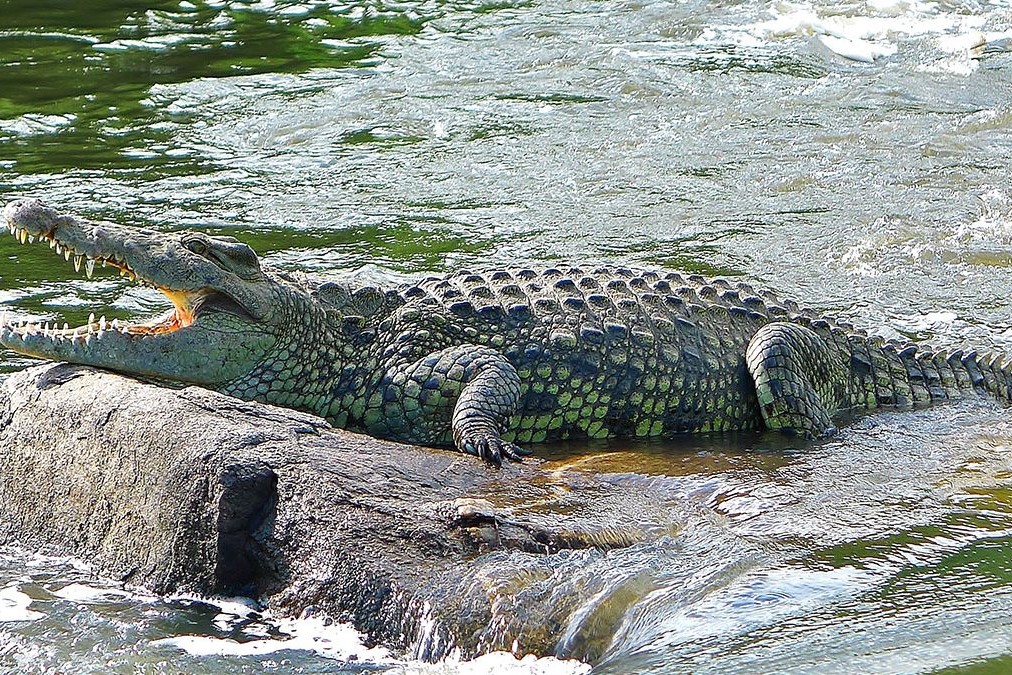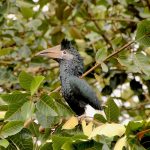Nile Crocodiles in Africa: A Fascinating Species
Africa is home to various species of crocodiles, one of the most iconic being the Nile crocodile (Crocodylus niloticus). These magnificent creatures are found throughout the continent in rivers, lakes, marshes, and estuaries. Renowned for their formidable size, strength, and ancient lineage, crocodiles hold a significant place in African ecosystems.
Description:
Nile crocodiles are large reptiles with elongated bodies covered in armored scales. They possess powerful jaws lined with sharp teeth, adapted for grasping and tearing prey. Their coloration ranges from dark greenish-brown to lighter shades, allowing for camouflage in their aquatic habitats. As apex predators, they play a crucial role in maintaining ecological balance.
Habitat: – Nile Crocodiles in Africa
Crocodiles primarily inhabit freshwater environments such as rivers, lakes, and wetlands. The Nile crocodile, for instance, thrives in various African countries including Uganda, Egypt, Kenya, Tanzania, Zimbabwe, and South Africa. They prefer slow-moving waters with ample prey and suitable basking spots.
Gestation Period:
The reproductive cycle of crocodiles is intriguing. Females lay eggs in carefully constructed nests made of vegetation and mud. After mating, the gestation period lasts around 80-90 days, varying slightly among species and environmental conditions. A clutch can contain up to 60 eggs, though predation and environmental factors often reduce the number of hatchlings.
Lifespan: – Nile Crocodiles in Africa
Crocodiles are known for their impressive longevity. In the wild, Nile crocodiles can live up to 70 years, showcasing their resilience and adaptability to their habitats. However, the survival rate of crocodiles from egg to adulthood is relatively low due to various threats such as predation, habitat loss, and human activities.
Role in Ecosystem:
Crocodiles are apex predators, regulating prey populations and contributing to the overall health of aquatic ecosystems. By preying on weak or sick animals, they help in maintaining the balance of species and preventing overpopulation of certain animals.
Conservation Status:
While historically facing threats due to hunting for their valuable hides and habitat destruction, conservation efforts have been implemented to protect crocodile populations across Africa. These efforts include establishing protected areas, regulating hunting practices, and raising awareness about the importance of these apex predators in the ecosystem.
Remarks: – Nile Crocodiles in Africa
Crocodiles in Africa are not only awe-inspiring creatures but also essential components of the continent’s diverse ecosystems. Their distinctive characteristics, habitats, reproductive patterns, and significance in maintaining ecological balance make them subjects of both scientific interest and conservation concern.
As we continue to understand and appreciate these magnificent creatures, it’s crucial to prioritize their conservation to ensure their survival and the preservation of Africa’s natural heritage.








